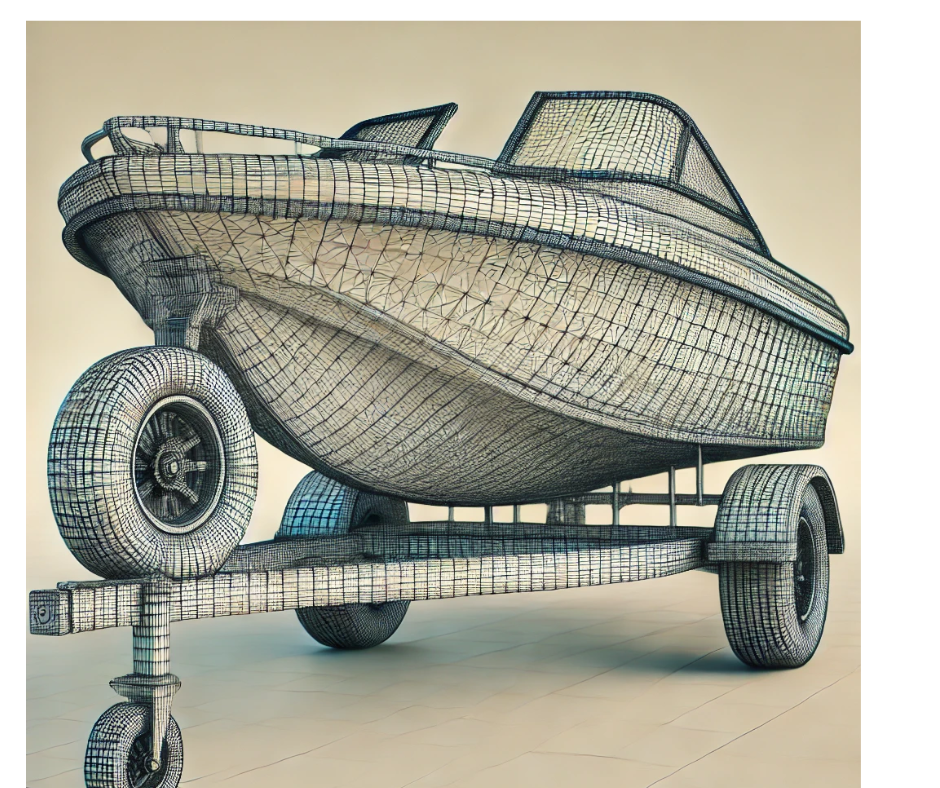Marine Speaker Wire: A Comprehensive Guide for Exceptional Audio Performance

Strong 8k brings an ultra-HD IPTV experience to your living room and your pocket.
A robust marine audio system can significantly enhance your time on the water, whether you’re cruising, fishing, or entertaining guests. A key element of such a system is the marine speaker wire—a specialized wire designed to handle the demanding conditions of marine environments while delivering superior sound quality. In this guide, we’ll cover everything you need to know about marine speaker wires, including their features, benefits, and tips for selection and installation.
What Is Marine Speaker Wire?
Marine speaker wire is a high-performance cable used to connect speakers to an audio source, such as an amplifier or receiver, in marine environments. Unlike standard speaker wires, marine wires are engineered to resist corrosion, moisture, and UV rays, ensuring long-lasting performance and safety.
Key Features of Marine Speaker Wire
1. Water Resistance
Marine speaker wires are built with waterproof insulation to protect the internal conductors from moisture and water exposure. This feature is critical in preventing short circuits and maintaining consistent sound quality.
2. Corrosion Resistance
Marine environments expose wires to salt and humidity, both of which can cause rapid corrosion. Marine speaker wires often use tinned copper conductors, which are highly resistant to corrosion and ensure durability over time.
3. UV Protection
Prolonged exposure to sunlight can degrade standard wires. Marine speaker wires feature UV-resistant insulation to withstand harsh sunlight without cracking or losing integrity.
4. Flexibility
Marine wires typically have a high strand count, making them flexible and easy to route through tight spaces on a boat without risk of breakage.
5. Low Signal Loss
Marine speaker wires are designed to minimize resistance and signal loss, ensuring crisp and clear audio even over long distances.
Benefits of Using Marine-Grade Speaker Wire
1. Enhanced Durability
Standard wires may fail quickly in marine conditions, but marine-grade wires are specifically designed to endure these challenges, offering long-term reliability.
2. Superior Audio Quality
The use of high-quality materials and construction minimizes interference and signal degradation, ensuring excellent sound clarity.
3. Safety Assurance
Marine wires adhere to industry safety standards, reducing the risk of electrical hazards like short circuits or overheating.
4. Ease of Maintenance
Marine speaker wires require less frequent replacement due to their resistance to environmental wear and tear, saving time and money in the long run.
Choosing the Right Marine Speaker Wire
1. Wire Gauge (Thickness)
The thickness of the wire affects its capacity to carry electrical signals effectively. Thicker wires (lower AWG numbers) are better for longer runs and high-power systems. For most marine audio systems, 14 or 16 AWG is sufficient, but heavy-duty setups may require 12 AWG.
2. Wire Length
Consider the distance between the audio source and the speakers. Longer runs require thicker wires to minimize resistance and signal loss. Measure the total round-trip length to determine the appropriate size.
3. Conductor Material
Tinned copper is the preferred choice for marine environments due to its corrosion resistance and excellent conductivity. Avoid wires made with inferior materials like aluminum.
4. Insulation Quality
Ensure the wire insulation is waterproof, UV-resistant, and durable enough to withstand abrasion and movement.
Tips for Installing Marine Speaker Wire
Plan Your Layout: Map out the wire runs in advance, considering the placement of speakers, audio sources, and other components.
Secure the Wires: Use cable ties, clamps, or conduits to secure the wires and prevent damage from vibrations or movement.
Avoid Sharp Bends: Route the wires in smooth curves to prevent stress and potential damage to the insulation.
Protect Connections: Use waterproof connectors and apply heat-shrink tubing to seal the connections and prevent moisture ingress.
Label the Wires: Label each wire to simplify troubleshooting or future upgrades.
Maintenance of Marine Speaker Wires
Regular maintenance is vital to ensure the longevity and performance of your marine speaker wires. Periodically inspect the wires for signs of wear, corrosion, or damage. Clean any corroded terminals with an appropriate cleaning solution and replace compromised wires promptly. Keep the wires dry and secure to minimize the risk of issues.
Conclusion
Marine speaker wires are an essential component of a reliable and high-quality marine audio system. Their specialized construction ensures they can withstand the challenges of marine environments while delivering top-notch sound performance. By selecting the right marine-grade wire and following best practices for installation and maintenance, you can enjoy crystal-clear audio on the water for years to come. Investing in high-quality marine speaker wire is a decision that pays off in durability, performance, and peace of mind.
Note: IndiBlogHub features both user-submitted and editorial content. We do not verify third-party contributions. Read our Disclaimer and Privacy Policyfor details.


